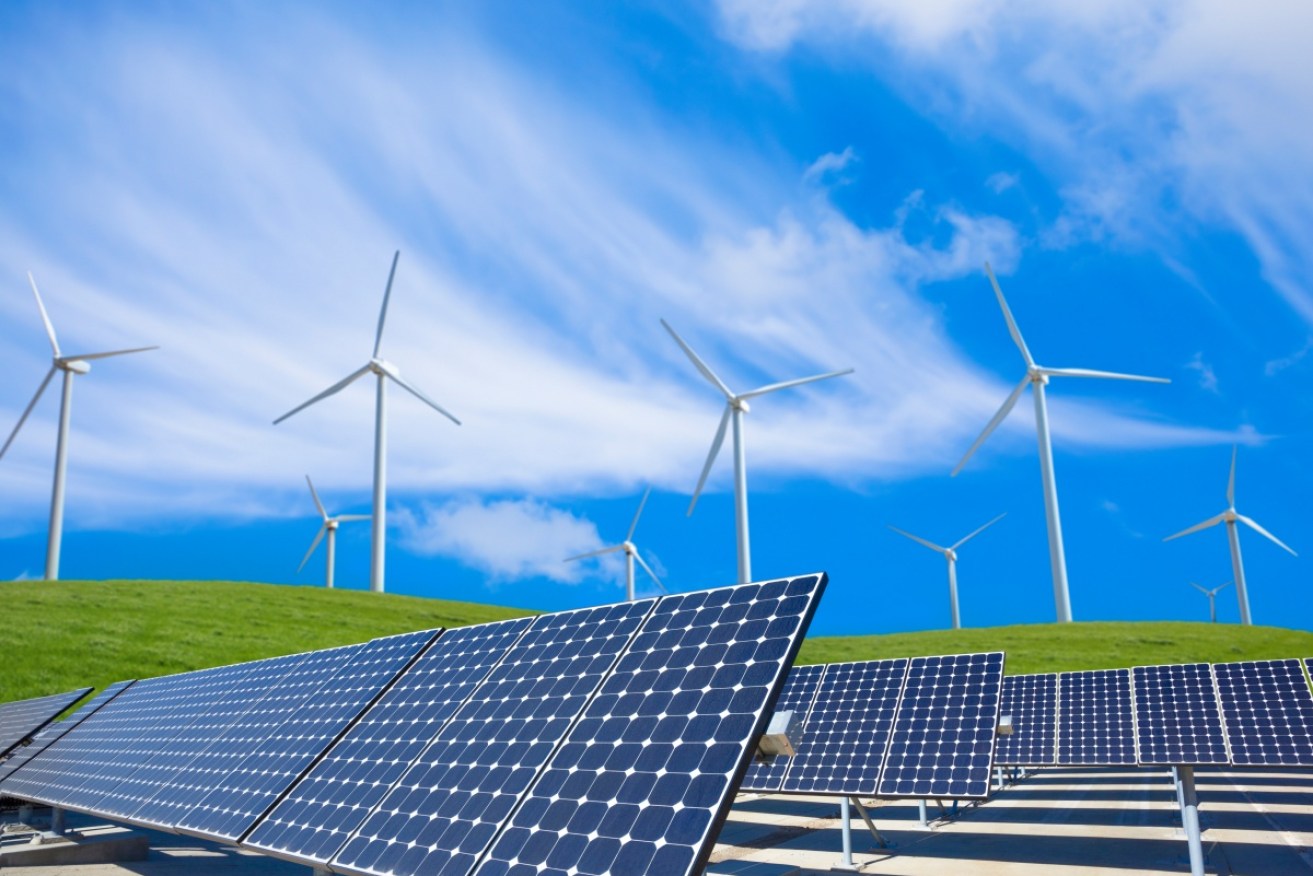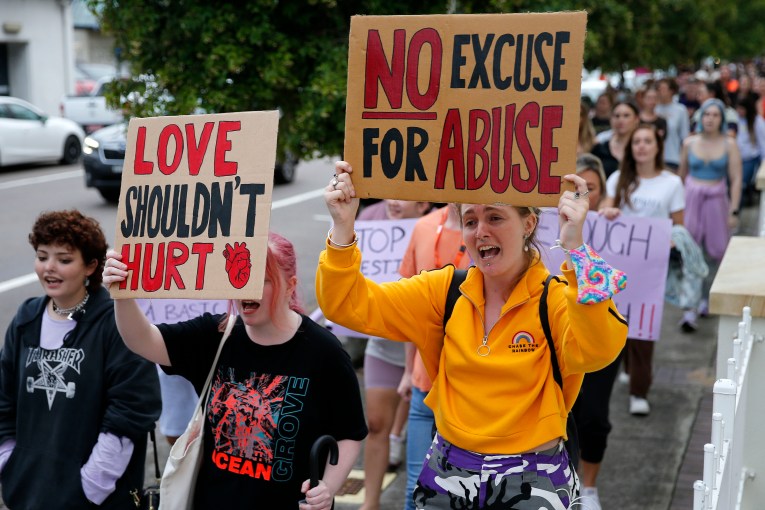Clean Energy: Turnbull rejects chief scientist’s advice, turns his back on renewables

Australian super funds will pump around $20 billion into UK clean energy projects. Photo: Getty
A Clean Energy Target recommended by Australia’s chief scientist will not be adopted, with the Federal Government instead proposing a new plan to bring down electricity prices.
The details have not officially been released, but the ABC understands Prime Minister Malcolm Turnbull will argue his policy will lower electricity bills more than a Clean Energy Target (CET), while meeting Australia’s Paris climate change commitments.
It is understood Cabinet last night also agreed to force retailers to guarantee a certain amount of so-called dispatchable power that can be switched on and off on demand, to avoid outages.
The plan will be put to the Coalition party room today and is likely to appeal to a group of backbenchers who favour coal-fired power and had opposed a clean energy target (CET) from the outset.
The CET would have mandated a certain percentage of power be generated from gas and renewable energy, but some backbenchers did not like the idea.
The idea was one of 50 recommendations proposed by Chief Scientist Alan Finkel in his review of the energy sector.
Dumping CET a win for Abbott: Labor
Tony Abbott argued a CET was effectively a “tax on coal”, and Labor has now declared dumping it a win for the former prime minister.
“Tony Abbott has had a victory here,” Opposition frontbencher Jason Clare said this morning.
“Remember Malcolm Turnbull appointed the Chief Scientist, asked him for a report said his proposal was the right one and now after Tony Abbott makes a speech about sacrificing goats in London, he is running away from that at 100 miles an hour.
“The transformation from Malcolm Turnbull to Tony Abbott now seems complete.”
Mr Clare noted Mr Turnbull’s move away from his previous strong support for a Clean Energy Target and previously for an emissions trading scheme.
Frontbencher Angus Taylor argued the new scheme would mean the Government could meet its commitments to reduce its greenhouse gas emissions under the Paris climate agreement.
“I am absolutely confident that we can meet our international obligations,” Mr Taylor said.
He highlighted the affordability aspect of the plan.

Turnbull appeared to champion renewables when he announced the Snowy Mountain 2.0 scheme. Photo: AAP
“Look frankly if this is not addressed and addressed in a pragmatic way that delivers outcomes then Australian businesses will shed jobs and Australian households will struggle with cost of living in a way they haven’t in the past,” Mr Taylor said.
Liberal backbencher Craig Kelly, who in July said renewable energy was killing people, said he was pleased with Cabinet’s plan for more dispatchable, switch-on/switch-off power.
“The problem we’ve had in the past is we have hot days, the demand for electricity spikes, and we haven’t had enough power that you can turn on with a switch to get that,” Mr Kelly told AM.
“The problem with solar and wind, for as wonderful technologies that they are, when there’s no wind you get no electricity generation and as soon as the sun sets, you also get zero electricity generation as well.
“So as good as technologies as they are, you’ve got to have them backed up in some way, and that’s either got to be a coal-fired power station, a gas generator or some form of battery.”
Cabinet is also keen to adopt a generator reliability obligation, which requires three years’ notice of closing a power station, in order to prevent a repeat of the sudden closure of Hazelwood power station in Victoria in March.
MP suggests Paris target delay
Mr Kelly has also suggested the Government delay action on reaching the Paris climate targets until closer to 2030.
“We know that a cost of a lot of this technology is becoming cheaper every year, therefore if we have a target in 2030, we’re far better to adopt those new technologies and to be paying for them in 2025, 2026, 2027, rather than be paying for them early, so you can actually backload into the next decade to achieve your Paris targets,” he said.
Asked whether Dr Finkel should feel his work had been disregarded, Mr Kelly said “not at all”.
“The Finkel Report contained 50 recommendations, now if we’ve recommended 49, that’s a 98 per cent strike rate,” he said.
“I think there’s very few reports made to Government or to COAG that have actually had 98 per cent of their recommendations adopted, so I think he can be pretty happy if he gets 49 out of 50.”
Shadow Environment Minister Tony Burke said Labor would consider the policy after it was announced.
“We want there to be a bipartisan approach to this, that’s why we came out and said we were willing to negotiate with the Government on a Clean Energy Target in the first place,” he said.
“It wasn’t our preferred policy but when the Finkel report came out, we said ‘OK, we need to have a way of brokering this’.”








